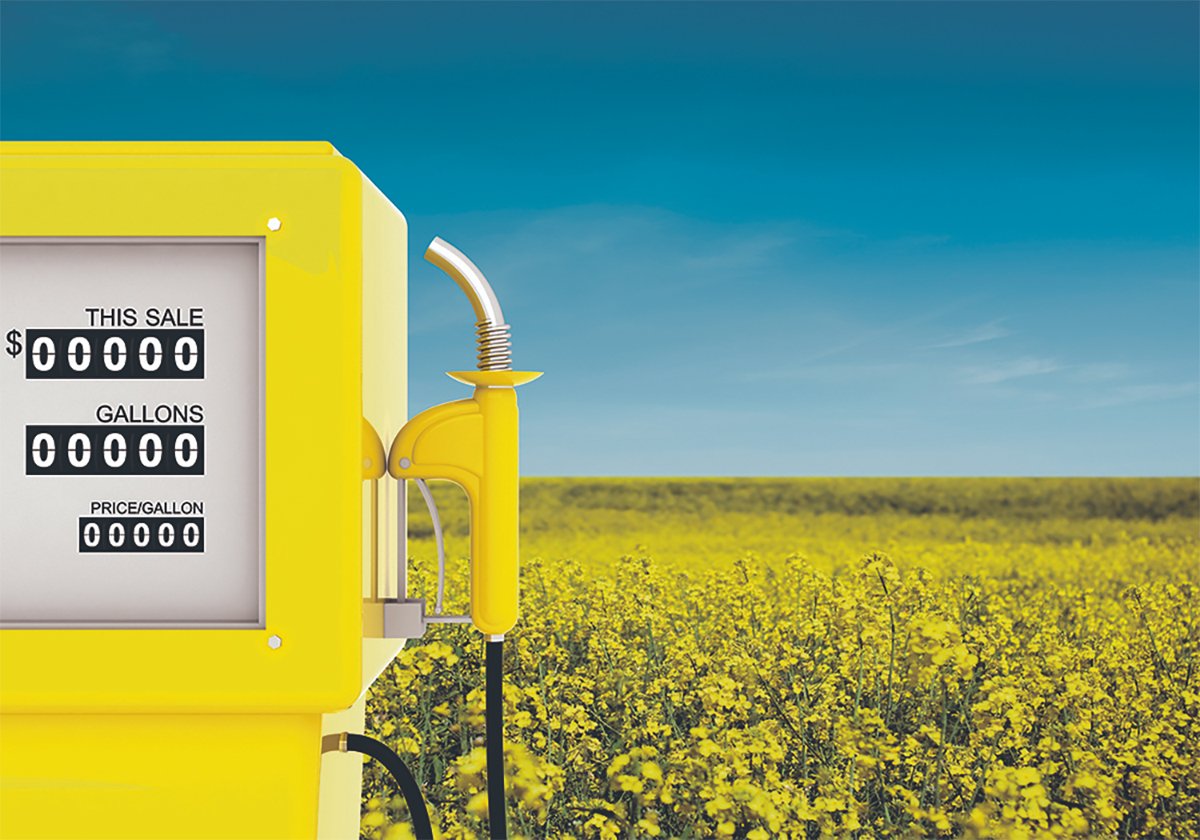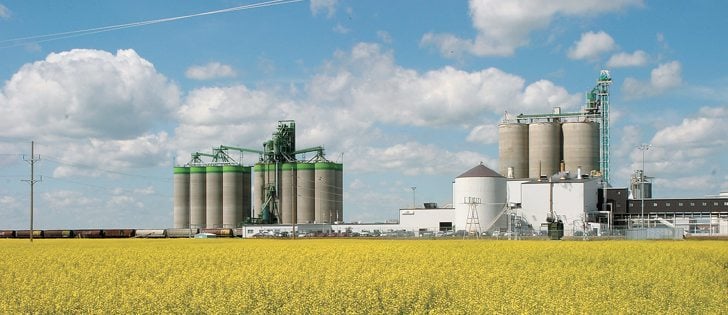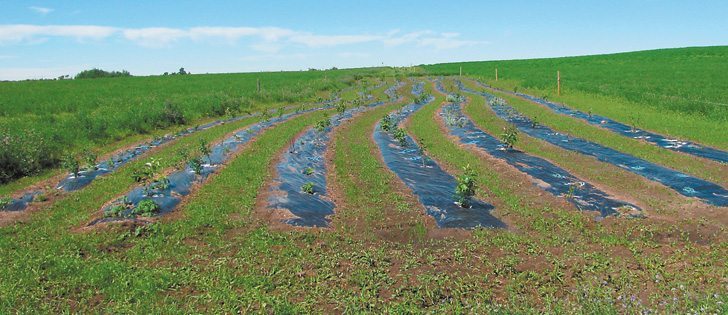A crisis in the milk industry is making headlines in most of the world, but not in Canada where supply management keeps things peaceful.
Supply management attracts heavy fire from free trade pundits at home and is threatened under proposals at the World Trade Organization negotiations.
Canadians might be swayed by supply management critics who unfairly describe the dairy, poultry and egg industries as the cosseted beneficiaries of a socialistic system designed to keep out cheap imports, raid the consumers’ pocket book and shower riches on the farmers involved.
Read Also

Biofuel sector happy with federal budget
Advanced Biofuels Canada says new Biofuel Production Incentive is a lifeline until CFR amendments are in place.
But Canadians rarely hear about the turmoil that often roils the dairy industry elsewhere. If they did, they might think more favourably about the system here.
The turmoil is particularly bad this year because of a worldwide glut of milk. Prices have plummeted and costs are up, causing dairy producers in the U.S., Europe, Australia, New Zealand and elsewhere to lose money.
World demand is down because of the global recession and, because of milk’s perishable nature, producers can’t store their product to wait for the market to recover.
They are relying on subsidies to get by and lobbying for more help from government.
The Europeans are the most flamboyant in their lobbying. In mid-September, milk producers there participated in a two-week milk strike, refusing to deliver to dairies and dumping millions of litres of milk on fields, giving away free milk and pouring some down the steps of the European Commission headquarters in Brussels.
Dairy farmers say the EU industry’s problems are compounded by the commission’s decision to phase out milk quotas by 2015.
In the U.S., the National Milk Producers Federation said raw milk prices fell to $13.29 in August from $20.58 US per 100 pounds last November.
American farmers are getting subsidies and are participating in an industry-run cull program. They have also pressured Congress to hold hearings on consolidation among dairy processors, slanting market power toward buyers to the detriment of milk producers.
Prices in recent weeks have come off the lows hit in August, but are still not high enough to cover farmers’ costs.
Canadian dairy producers are an island of calm in this storm of economic and emotional devastation, thanks to supply management. That calm lends stability to the rural economy without an undue burden on consumers.
Dairy farmers around the world are seeking such stability, but ironically, proposals before the Doha WTO negotiations would make it almost impossible for the Canadian system to continue.














